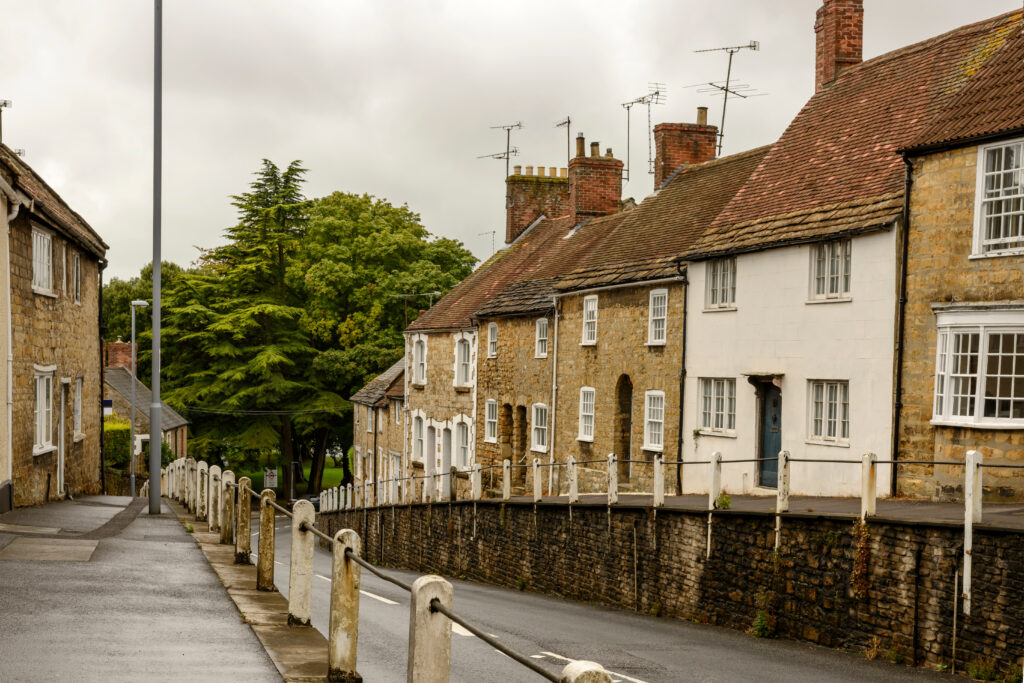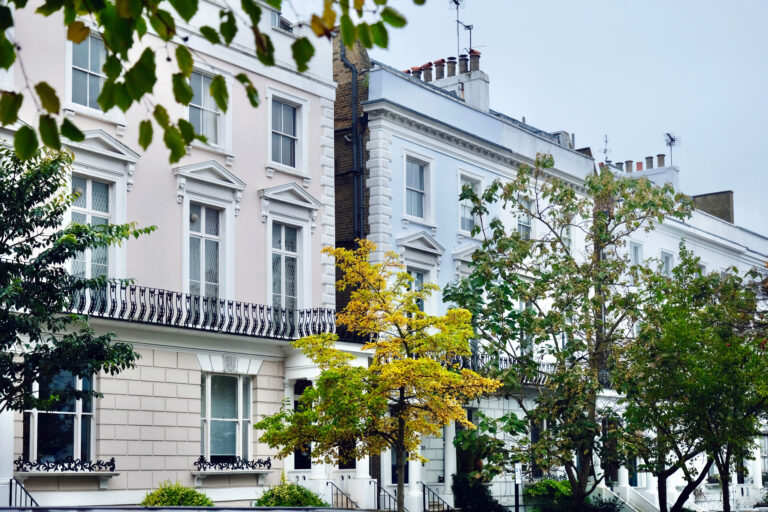Stamp duty is part and parcel of buying a home.
Before you start looking for a property, it’s important to understand how stamp duty could impact your purchase and how to prepare for it.
What is stamp duty?
Stamp duty is a property transaction tax and has been around since 1694. It was initially introduced as a way to raise funds for the war and has been around ever since.
Stamp duty is different in each nation. In Scotland, it’s called land and buildings transaction tax (LBTT) and in Wales it’s known as land transaction tax (LTT).
England and Northern Ireland both have stamp duty.
Stamp Duty changes 2021
To continue to support the housing market in the wake of COVID-19, the government announced changes to stamp duty again in the March Budget 2021.
Purchases up to £500,000 will continue to be free from the tax until June – and homes bought up to a value of £250,000 until the end of September.
How much is stamp duty?
Stamp duty is calculated in bands with the amount you pay determined by the value of your property.
It can add tens of thousands of pounds to a sale, so should always be factored into the purchase. Think of it as an extension to your deposit.
Stamp duty adds up incrementally. So rather than paying a flat rate of, for example, 5% on £600,000, you would pay:
- 0% on the first £500,000
- 5% on the remaining £100,000
So your stamp duty tax would be £5,000.
If you’re purchasing a second property valued at more than £40,000, you pay an additional 3% on top of rates.
There are four different stamp duty bands.
| Purchase price | Main residence rates | Additional property rates |
| £0 – £500,000 | 0% | 3% |
| £500,001 – £925,000 | 5% | 8% |
| £925,000 – £1,500,000 | 10% | 13% |
| £1,500,001+ | 12% | 15% |
When do you pay stamp duty?
You pay stamp duty within 14 days of the transaction. This is usually the date of completion and your solicitor should be able to help you meet the deadline.
If you fail to meet the deadline, HMRC may charge you penalties and interest.
Even if you’re exempt from paying stamp duty, you still need to submit a return to HMRC.
Who pays stamp duty?
The majority of buyers need to pay stamp duty if the property is above the threshold.
First-time buyers are exempt as are all properties below £500k in England and Northern Ireland, and below £250k in Scotland and Wales.
It’s a standard part of buying a property and should be factored into your deposit. Many buyers choose to factor stamp duty into the mortgage, however this will add to your long-term interest and debt. So it’s best to plan ahead and save a little more for your deposit.
Reclaim stamp duty
There might be some circumstances in which you can reclaim stamp duty.
For example, if you buy a house before you’ve sold your current residence, you will have to pay the additional 3% stamp duty.
From this point, you’ve got 36 months to sell your other property. Then you can reclaim the stamp duty.
If your sale takes longer than 36 months, there are extenuating circumstances that might mean you can reclaim it.
If the delay to sale was outside of your control and you have sold your home, you may be eligible to reclaim stamp duty.
To make your case you need to write to HMRC asking for a refund which you can do online.
When is stamp duty not payable?
First-time buyers and property worth up to £500,000 in England and Northern Ireland and £250,000 in Scotland and Wales are exempt from paying stamp duty. However, you still have to notify HMRC of your purchase.
There are a few circumstances in which you don’t have to pay stamp duty or notify HMRC.
- Transactions for property where no money or other kind of payment changes hand including payment with goods, services, or a release from debt
- Property left to you in a will (other taxes my apply seek information from your solicitor or HMRC)
- Property transferred because of divorce or dissolution of a civil partnership
Stamp duty on shared ownership
If you’re buying a shared ownership property, there are different ways you pay stamp duty.
The thresholds still apply to shared ownership properties, but other rules apply.
You have to purchase through an official and qualified body that grants shared ownership leases. This includes local housing authority, housing association, and housing action trust.
Stamp duty is calculated each time you buy a share of the property.
You can either make a one-off payment based on the total market value of the property or pay stamp duty in stages.
If you pay in stages, you pay the stamp duty based on the first sale amount. You then don’t make any more payments until you own more than 80% of the property.
If you choose to make a one-off payment (otherwise known as market value election) you don’t have to pay anymore stamp duty tax, even if you choose to increase your ownership.
You have a lot of flexibility and it’s up to your how you pay your stamp duty.
If you’ve got any more questions about shared ownership schemes and stamp duty, check out the government’s website for more info.
Stamp duty in Scotland
Scotland’s land and buildings transaction tax works in a similar way to stamp duty. The minimum threshold is significantly lower, sitting at £250,000 until 31st March 2021. These rates apply to all buyers of main residences.
For second properties, buyers in Scotland pay an additional 4% on top of the band thresholds.
In Scotland the bands are:
| Purchase price | Main residence rate | Additional property rate |
| £0 – £145,000 | 0% | 4% |
| £145,001 – £250,000 | 0% | 6% |
| £250,001 – £325,000 | 5% | 9% |
| £325,001 – £750,000 | 10% | 14% |
| £750,001+ | 12% | 16% |
Stamp duty in Wales
Stamp duty in Wales is called land transaction tax (LTT) and replaced stamp duty in 2018.
The threshold for paying tax in Wales is £250,000.
You have to pay LTT within 30 days of completion and your solicitor can do this on your behalf.
The LTT bands in Wales are:
| Purchase price | Main residence rate | Additional property rate |
| £0 – £180,000 | 0% | 3% |
| £180,001 – £250,000 | 0% | 6.5% |
| £250,001 – £400,000 | 5% | 8% |
| £400,001 – £750,000 | 7.5% | 10.5% |
| £750,001 – £1,500,000 | 10% | 13% |
| £1,500,001+ | 12% | 15% |
So if you’re thinking of getting on the property ladder or want to find your forever home, now is a great time to take advantage of relaxed stamp duty rates and save yourself thousands.




